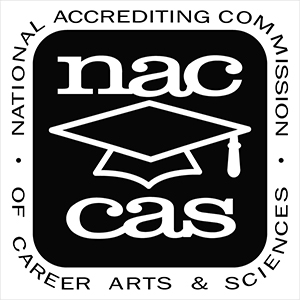Grants and scholarships are free money to help pay for college or career school.
Grants and scholarships are often called “gift aid” because they are free money—financial aid that doesn’t have to be repaid. Grants are often need-based, while scholarships are usually merit-based.
Grants and scholarships can come from the federal government, your state government, your college or career school, or a private or nonprofit organization. Do your research, apply for any grants or scholarships you might be eligible for, and be sure to meet application deadlines!
Certain scenarios may require that a portion or all of the grant funds be repaid, for example, if you withdraw from school before finishing an enrollment period such as a semester.
What kinds of federal grants are available?
The U.S. Department of Education (ED) offers a variety of federal grants to students attending four-year colleges or universities, community colleges, and career schools. We’ve given each of our grants its own page:
- Federal Pell Grants
- Federal Supplemental Educational Opportunity Grants (FSEOG)
- Iraq and Afghanistan Service Grants
Try This Resource
Federal Student Grant Programs—Lists federal student grant programs with program details and award limits.
Types of Student Aid?
There are three types of federal student aid:
- Grants—financial aid that doesn’t have to be repaid (unless, for example, you withdraw from school and owe a refund)
- Work-study—a work program through which you earn money to help you pay for school
- Loans—borrowed money for college or career school; you must repay your loans, with interest
Apply for federal student aid using the Free Application for Federal Student Aid (FAFSA®) form. And remember, the first F in “FAFSA” stands for “free”—you shouldn’t pay to fill out the FAFSA form!


